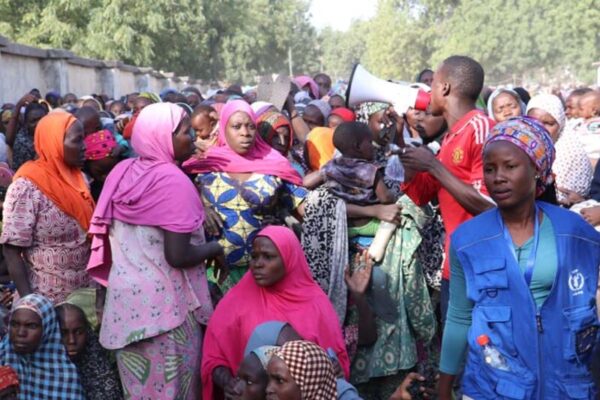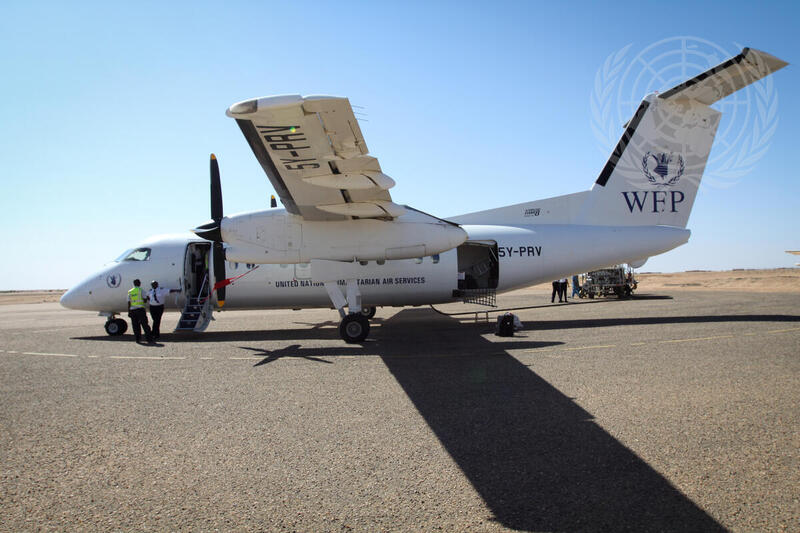The U.N. Humanitarian Air Service (UNHAS) ended its fixed-wing flight operations in the country last week in Nigeria due to a lack of funding. Stéphane Dujarric, the spokesperson for the Secretary-General, disclosed this during the noon press briefing at the UN Headquarters in New York. Managed by the World Food Programme (WFP), UNHAS has been transporting aid workers, medical supplies, and essential cargo.
Humanitarian Response Compromised
The shutdown will severely compromise the humanitarian response in Nigeria’s northeast, where millions are already suffering from hunger, displacement, and insecurity. In 2024, UNHAS fixed-wing flights carried over 9,000 passengers, and already this year, 4,500 humanitarian staff have relied on the service to reach affected areas. Without urgent funding, critical aid corridors will collapse, and aid workers will lose safe passage to remote, conflict-ridden areas.
According to WFP, conflict and insecurity, rising inflation and the impact of the climate crisis continue to drive hunger in Nigeria – with 30.6 million people facing acute hunger. Conflict in the northeast has displaced 2.3 million people and left nearly 5 million facing acute food insecurity and limited access to assistance in Borno, Adamawa and Yobe states. Three million of them are in Borno State, the epicentre of insurgency.
Funding Crisis
The UN urgently needs $5.4 million to keep the service running for the next six months. WFP’s Regional Director for West and Central Africa, Margot van der Velden, echoed the urgency, stating the agency requires this amount to sustain food and nutrition operations in the region for just six months. The shutdown coincides with a broader funding crisis affecting the World Food Programme, which warned in July that it might have to halt emergency food and nutrition support for 1.3 million people in the region due to financial constraints.

Global Context
The UN’s appeal comes as humanitarian organisations globally face mounting financial strain due to shrinking donor contributions, pressured by competing crises in Gaza, Sudan, Ukraine, and beyond. Despite significant support from the Nigerian government, international funding remains vital to maintain operations at scale.









